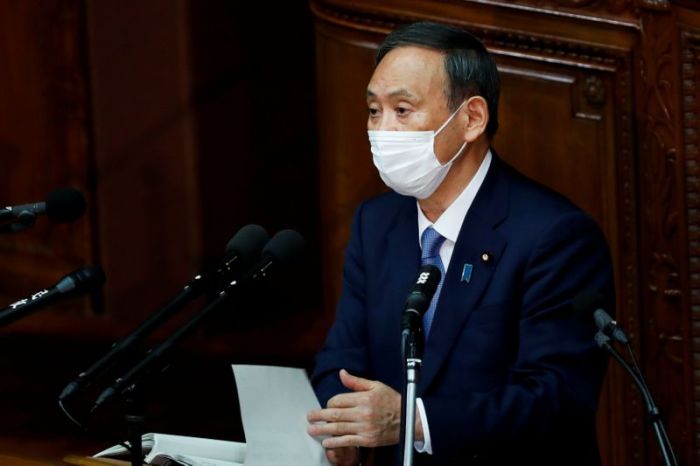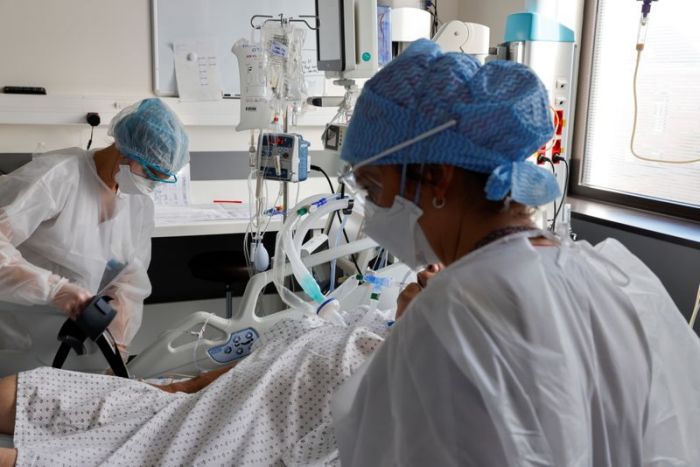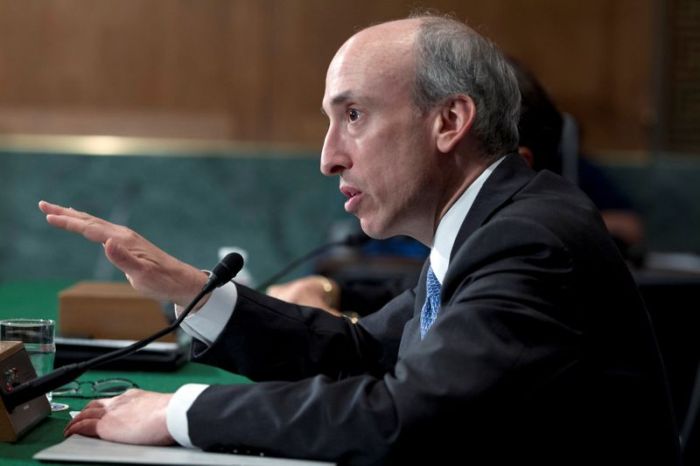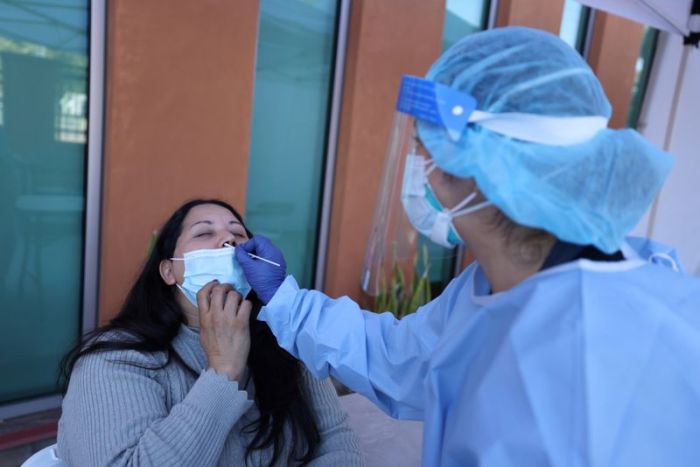BERLIN (Reuters) – Chancellor Angela Merkel warned against reading too much into a moderate drop in new coronavirus infections almost two weeks into an emergency lockdown in Germany, which reported the biggest rise in COVID deaths on Wednesday since April.
Europe’s biggest economy, in a partial lockdown since Nov. 2 designed to tame a second wave of the coronavirus, recorded 18,487 new infections and 261 deaths in a day, the Robert Koch Institute for infectious diseases said.
“As it was the case with the Spanish flu, we now also have to expect that the second wave will be more severe,” Merkel said during a video conference with the government’s council of economic advisers.
The government says the emergency month-long lockdown that includes the closure of restaurants, gyms and theatres was necessary to reverse a spike in coronavirus cases that risks overwhelming hospitals.
Health Minister Jens Spahn said the number of daily infections had not fallen enough yet to flatten the curve.
“The numbers are rising but not as strongly,” he told German broadcaster RTL. “This is encouraging but it is not enough.”
Even though the number of confirmed daily new infections has remained below 20,000 for four days straight, the number of deaths has been rising, and hospitals are reporting higher intensive care occupancy, Spahn said.
“We are definitely seeing signs of change, but we still cannot talk of a trend reversal,” he said, adding the number of deaths and patients needing intensive care would only fall if infection numbers dropped significantly.
Unlike its first lockdown earlier this year, Germany is keeping its schools and daycare centres open so that parents can go to work and limit the damage to an economy expected to suffer its worst recession since World War Two.
The head of Germany’s Teachers Union said, however, that at least 300,000 pupils and more than 40,000 teachers were currently in quarantine, either because they had the virus or had come into contact with an infected individual.
“Politicians see it as black and white: schools open or schools closed,” said union chief Heinz-Peter Meidinger.
“We need concepts to keep schools partially open, for example by keeping older pupils at home. Otherwise the situation will spiral out of control.”
German government spokeswoman Ulrike Demmer echoed Spahn’s careful reading of the numbers but rejected a union call to consider a partial shuttering of schools and daycare centres.
“The federal and state governments are very determined to avoid extensive school closures,” said Demmer.
(Additional reporting by Michael Nienaber; Writing by Joseph Nasr; Editing by Kim Coghill, Kirsten Donovan and Nick Macfie)



























